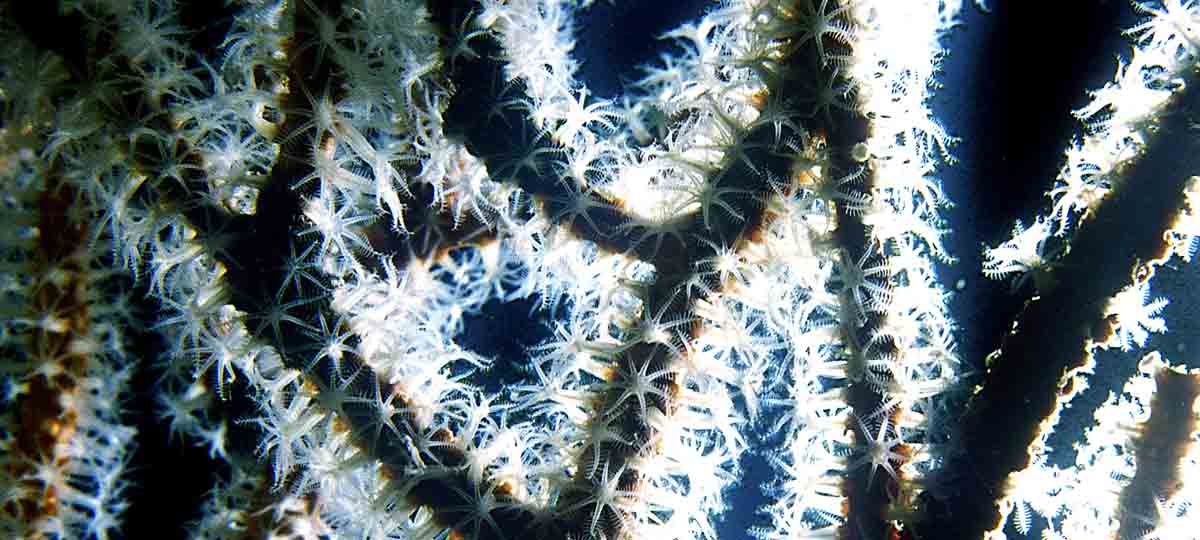Author /Editor: Lucía Zarauz, Raúl Prellezo, Estanis Mugerza, Iñaki Artetxe, Ruben Roa, Leire Ibaibarriaga and Luis Arregi (AZTI-Tecnalia)
Year: 2013
Content: This study outlines a biological, economic and social portrait of the recreational boating and fishing in the Basque Country. It is a review work covering the description of the legal framework, the realization of a detailed census of the fleet, the characterization of the fleet and its activity, and the estimation of the impacts on the economy and the biological resources. A first set of data for the census was obtained from the Libro de Registro Segundo of the year 2008, and was completed with direct observations and satellite pictures (Google Earth).
The characterization of the fleet and its activity was performed by a survey carried out during 2008 and 2009. Catches of main target species were estimated by means of a two-step GLM (binomial and log-lineal). Direct and indirect economic impacts were estimated separately by applying linear models. Results show that recreational boating and fishing are predominantly a male activity and that familiar tradition is an important factor.
This activity has an impact of over 60 million euros on the economy. The highest expenses are due to fuel costs for motorboats, and to owing costs for sail boats. From the point of view of the catches, squids (113 t), albacore (89 t) and mackerel (72 t) are the main target species. The weight and the composition of the catch are different depending on the type of boat and its length. Small motorboats and txipironeras are characterized by a higher effort (fishing days by boat and year), whereas the largest catches (kg by boat and year) are obtained by large motorboats. Despite the limitations of this study, recreational boating and fishing are highlighted as an important activity which should be taken into account in marine management plans for the Basque Country.
Contact: biblioteca@azti.es
Download document: RIM20_4 (4,1 M)


